
Dr. Pernille Bülow has a PhD in Neuroscience and currently works as a Product Specialist on neurophysiology at iMotions. She is passionate about understanding and questioning the mind-body relationship. In her spare time, Pernille practices fencing, horse riding, performing aerial acrobatics and reads lots of fiction. Find her on LinkedIn: https://www.linkedin.com/in/pernille-bülow or Instagram: pernillebuelow.

Neurophysiology Product Specialist Dr. Pernille Bülow
Pernille Bülow has a PhD in Neuroscience and currently works as a Product Specialist on neurophysiology at iMotions. She is passionate about understanding and questioning the mind-body relationship. In her spare time, Pernille practices fencing, horse riding, performing aerial acrobatics and reads lots of fiction. We took some a moment to ask her about her education and career. Science Connected: So, what kind of work ...

The neurobiology of anorexia
Anorexia’s connection to dopamine and serotonin is the focus of a new study on how brain signals affect eating behaviors. By Pernille Bülow Anorexia is an eating disorder that typically involves food restriction (i.e., not eating or under-eating), weight loss, and body dysmorphia (meaning: perceiving one’s body to be larger than it really is). Anorexia is a serious mental health challenge that is often chronic ...
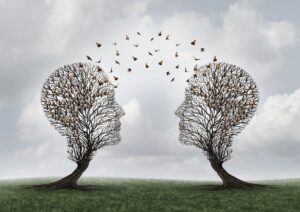
Brain Circuits Map out Depression and Anxiety
Researchers are studying the brain circuits affected by depression and anxiety, opening the way for more effective treatments. By Pernille Bülow Scientists have recently identified how changes in neuronal activity in one specific brain region can trigger the onset of depression. However, while specific brain regions may be important for triggering the onset of depression, abnormal activity across several brain regions is involved with sustaining ...
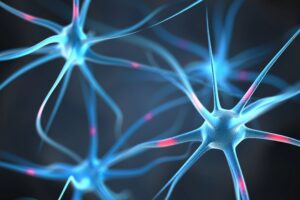
Brain Pathways and Depression: What’s the Connection?
Feel depressed? You aren't alone. Cases of depression are on the rise. Now, scientists are busy uncovering new neuroscience mechanisms underlying the cause of depression. By Pernille Bülow Depression is a difficult, and sometimes chronic, mental health disorder that is associated with deep sadness, hopelessness, fatigue, and weight changes. Certain types of experiences can lead to depression, for example the loss of a loved one, ...
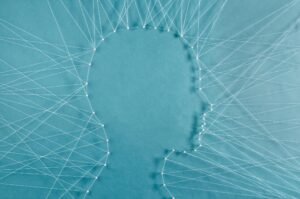
How Does EMDR Therapy Work?
Eye-movement desensitization and reprocessing, or EMDR therapy helps people with PTSD by changing the way their brains remember traumatic events. By Pernille Bülow Traumatic experiences can leave long-lasting impacts on the human mind and body. Some traumatized people develop post-traumatic stress disorder (PTSD), which is characterized in part by intrusive fear memories, nightmares, and severe anxiety. These symptoms can be so severe that they leave ...

Grit or Grades: What Drives College Graduation?
Does timely college graduation depend more on a student’s self-regulation or on their admission test scores? Researchers decided to find out. By Pernille Bülow For almost a century, our school system has been structured with the assumption that excelling in school relies on a student’s cognitive intelligence, that is, a person’s ability to solve math problems, spatial puzzles, and verbal tasks. Cognitive intelligence is also ...
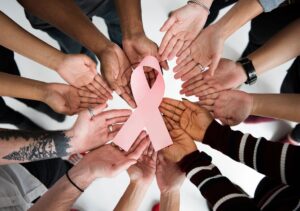
The Cancerous Relationship Between Tumors and Grief
Grief hurts. Losing a friend, partner, or family member is hard and can cause emotional distress. New research suggests that this loss may make cancerous tumors worse. By Pernille Bülow Can close, happy relationships with family or romantic partners reduce your chances of developing cancer? Can the loss of a loved one increase your chances of developing cancer? Currently, it is unclear if the protective ...
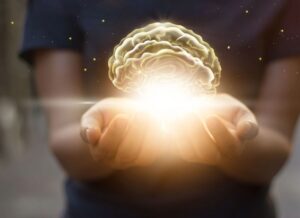
Touch and Socialization: Researching Connections
People on the autism spectrum can struggle with social interactions. Research suggests this may be connected to hyper-sensitive reactions to touch. By Pernille Bülow Autism spectrum disorders (ASDs) are a set of developmental disorders that affect how a person communicates, behaves, and senses the world around them (Lord et al, 2018). There are multiple types of ASDs, and they can vary greatly in degree of ...

Get to Know a Scientist
Do you want to be a scientist some day? In our Get to Know a Scientist series, we introduce you to scientists from a wide array of disciplines. Learn about their career trajectories, research, and dreams. Here at Science Connected, one of our favorite things to do is introduce our readers to scientists from a wide array of fields. Each of the links below will ...
